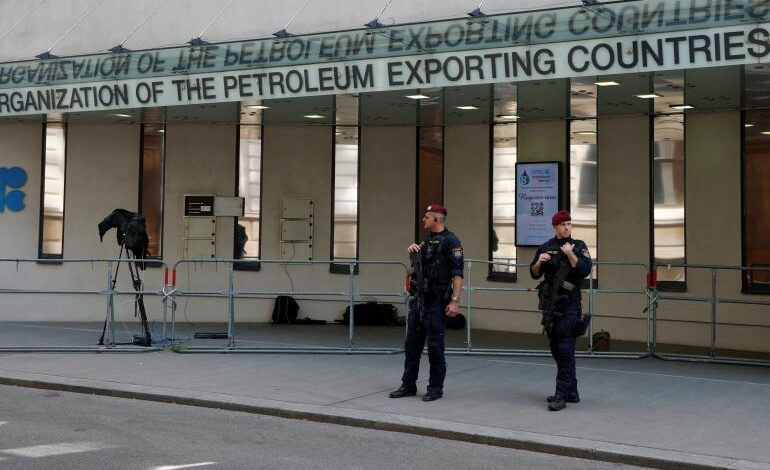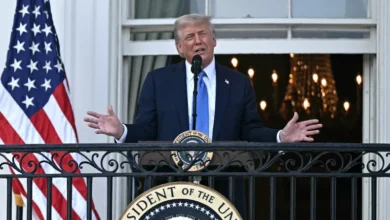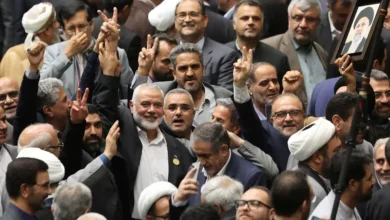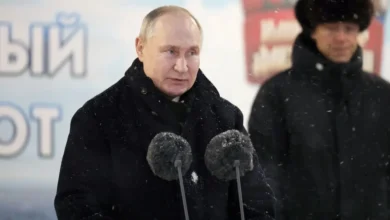Saudi Arabia to cut oil output by 1 million barrels a day in July

Saudi Arabia has said it will reduce how much oil it sends to the global economy by one million barrels per day (bpd), as the OPEC+ alliance of major oil-producing countries faces flagging oil prices and a looming supply glut.
The kingdom said on Sunday that it would make these production cuts in July to support the sagging cost of crude after two earlier production cuts by OPEC+ members failed to push prices higher.OPEC+, which groups the Organization of the Petroleum Exporting Countries and allies led by Russia, reached a deal on output policy after seven hours of talks at its headquarters in Vienna and agreed to extend earlier cuts in supply through the end of 2024 by a further total of 1.4 million barrels per day.
“This is a grand day for us, because the quality of the agreement is unprecedented,” Saudi Energy Minister Abdulaziz bin Salman said in a news conference, adding that the new set of production targets is “much more transparent and much more fair”.
He also said that the cut by Riyadh could be extended beyond July if needed.
However, many of these reductions will not be real as the group lowered the targets for Russia, Nigeria and Angola to bring them into line with their actual current production levels.In contrast, the United Arab Emirates was allowed to raise output.
OPEC+ pumps around 40 percent of the world’s crude, meaning its policy decisions can have a major impact on oil prices.
It already has in place a cut of 2 million bpd agreed to last year and amounting to 2 percent of global demand.
In April, it agreed to a surprise voluntary cut of 1.6 million bpd that took effect in May until the end of 2023.
In contrast, the United Arab Emirates was allowed to raise output.
OPEC+ pumps around 40 percent of the world’s crude, meaning its policy decisions can have a major impact on oil prices.
It already has in place a cut of 2 million bpd agreed to last year and amounting to 2 percent of global demand.
In April, it agreed to a surprise voluntary cut of 1.6 million bpd that took effect in May until the end of 2023.
Falling energy prices also helped inflation in the 20 European countries that use the euro drop to the lowest level since before Russia’s invasion of Ukraine.
That the Saudis felt another cut was necessary underlines the uncertain outlook for demand for fuel in the months ahead.
There are concerns about economic weakness in the US and Europe, while China’s rebound from COVID-19 restrictions has been less robust than many had hoped.
Western nations have accused OPEC of manipulating oil prices and undermining the global economy through high energy costs. The West has also accused OPEC of siding with Russia despite Western sanctions over Moscow’s invasion of Ukraine.
In response, OPEC insiders have said the West’s money-printing over the last decade has driven inflation and forced oil-producing nations to act to maintain the value of their main export.










